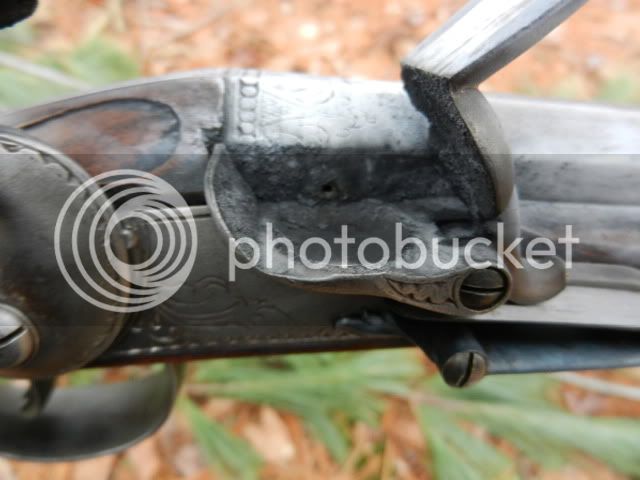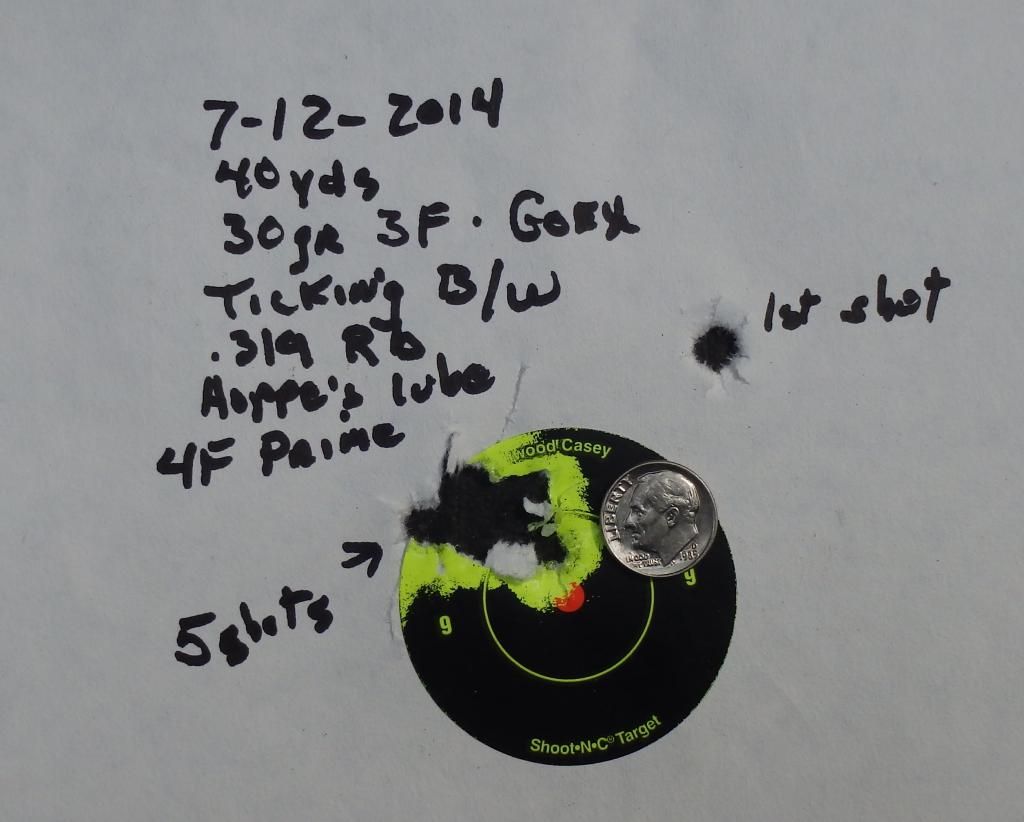tannerbollum
32 Cal.
- Joined
- Nov 18, 2013
- Messages
- 16
- Reaction score
- 0
Just finished my .45 Lancaster. I started to shoot it and holy smokes.(no pun intended) It was so much fun but I ran into so many problems! It seemed like the barrel needed to be wiped after almost each shot? lest fouling would stick the ball half way down the barrel: first problem. After that was unlodged I wiped the bore with solvent but feared the damp barrel would caused misfires? so I tried to send a dry patch down the barrel which was clearly mistake as that became stuck. So no dry patch use or thinner patches? Also the pan became covered with fouling which I took the time to wipe off, necessary? Finally, Im using a white lighting touch holed liner and it seemed like my pick was far too large to fit in there, how far does it need to go in to be effective? I apologized for the long post and all the questions thank you so much in advance.







